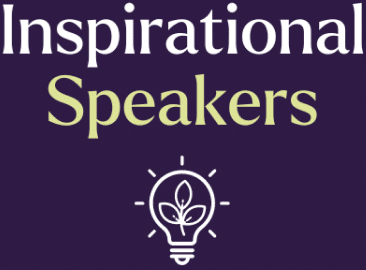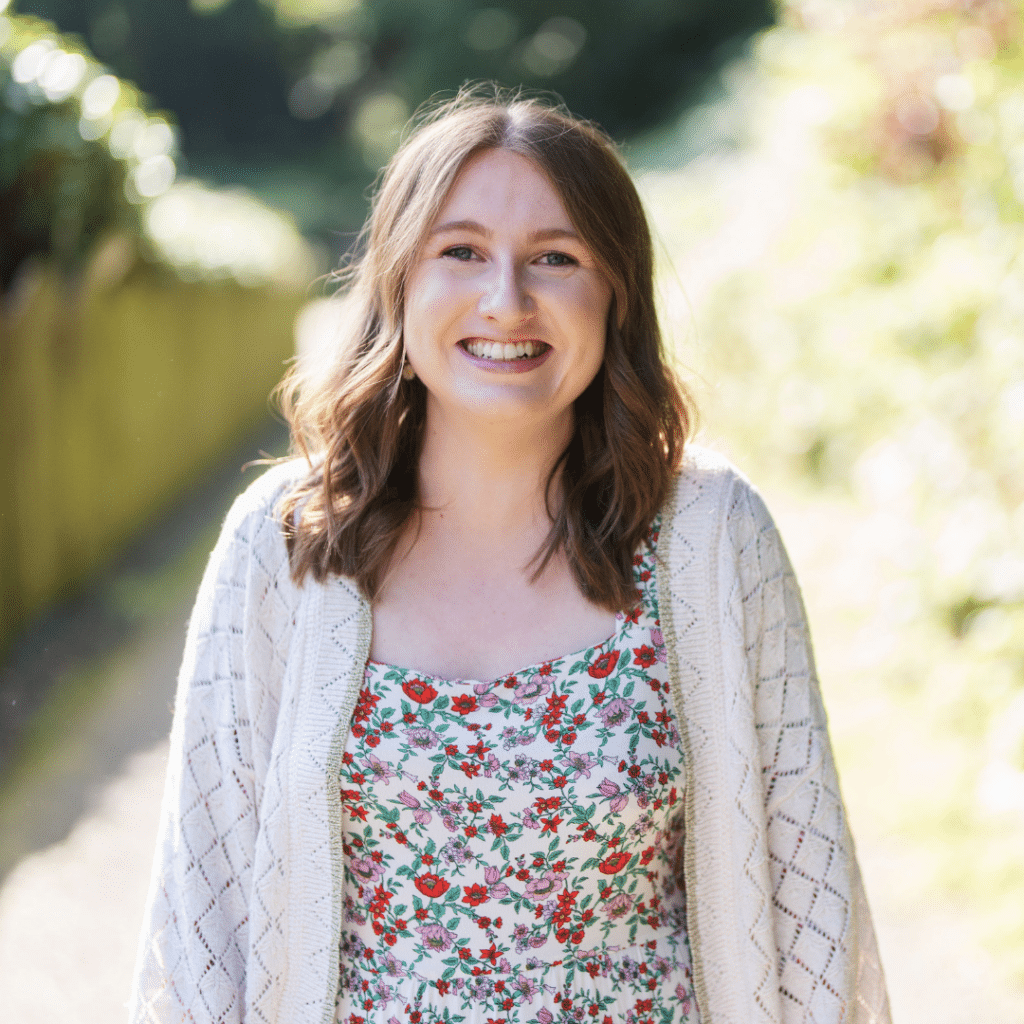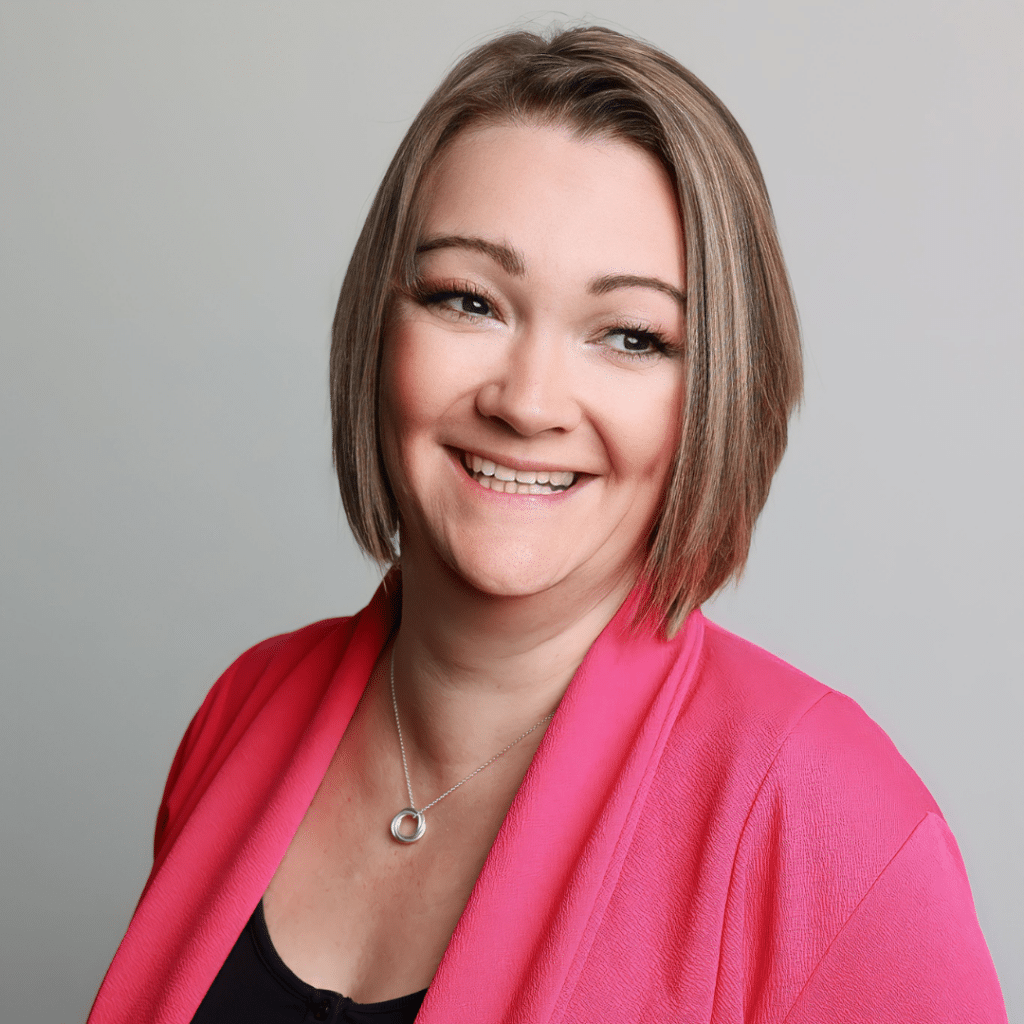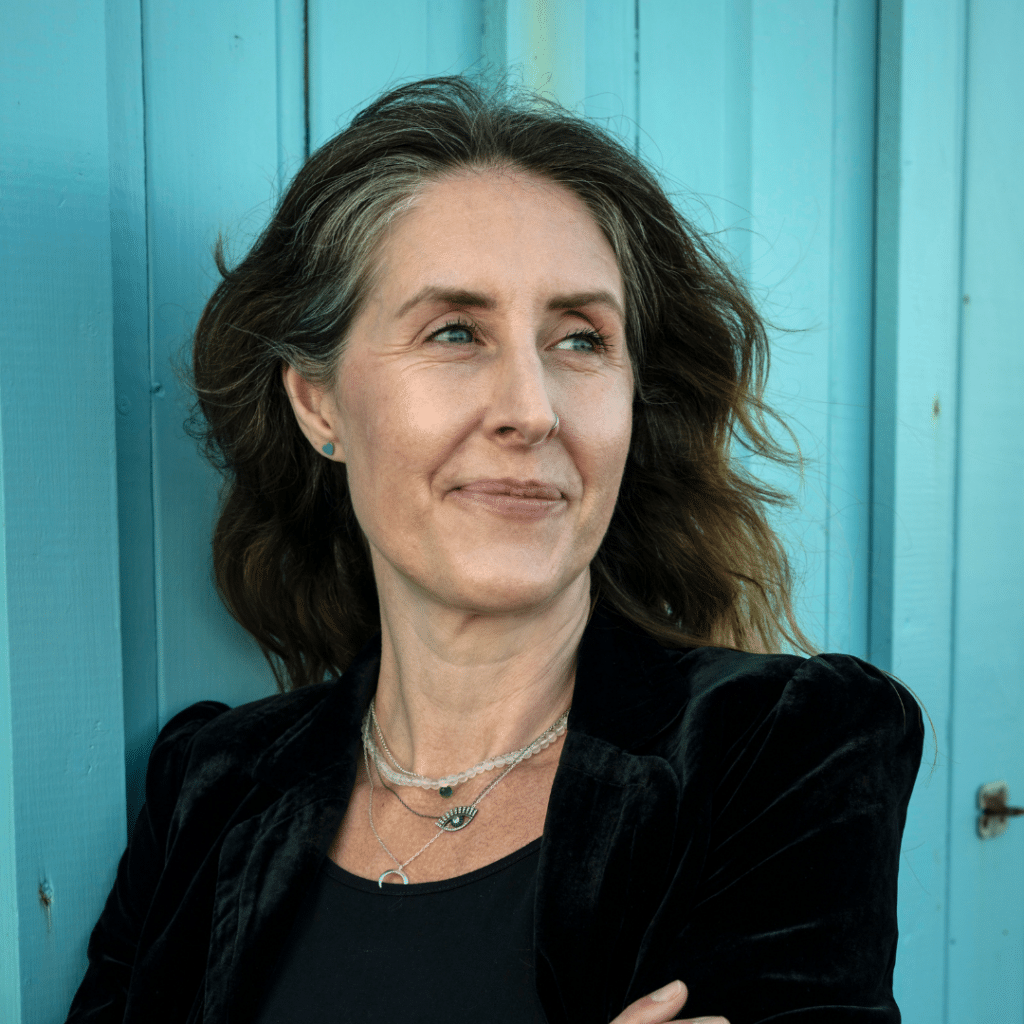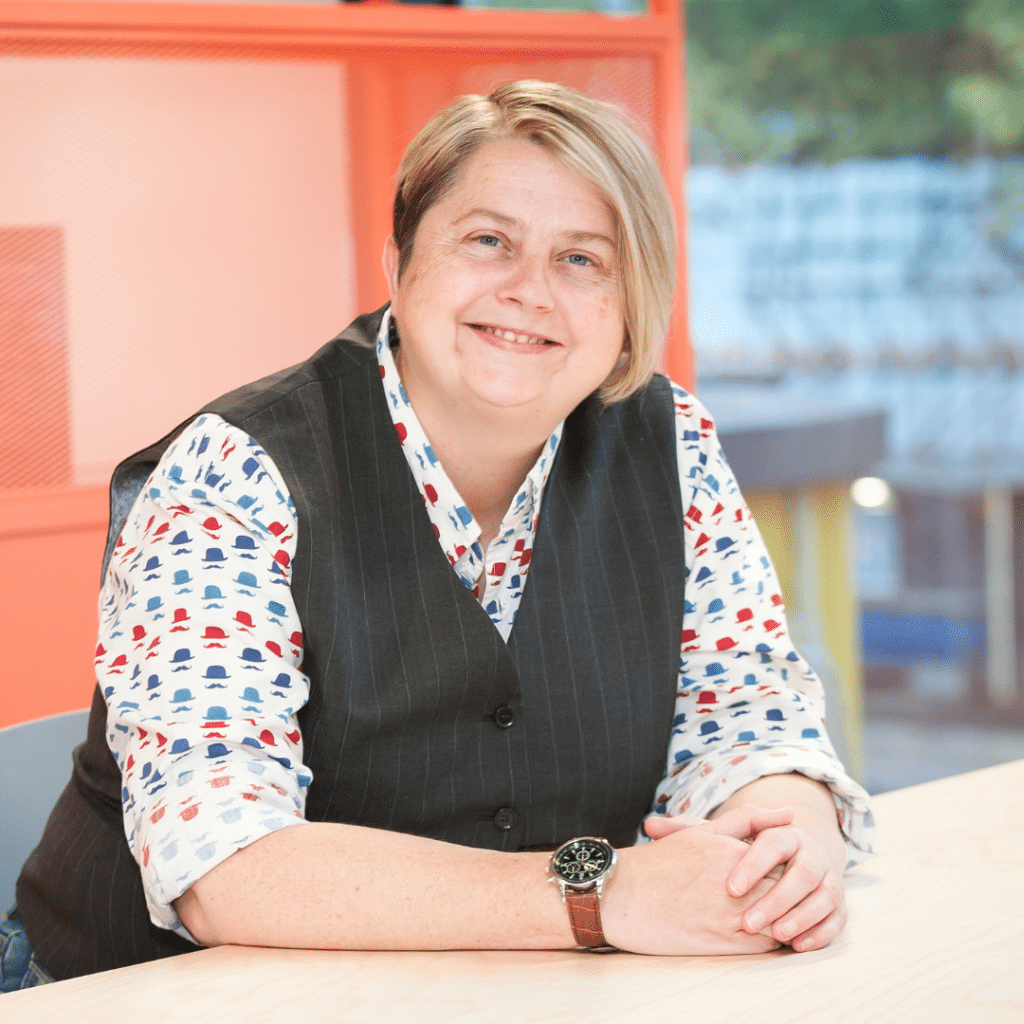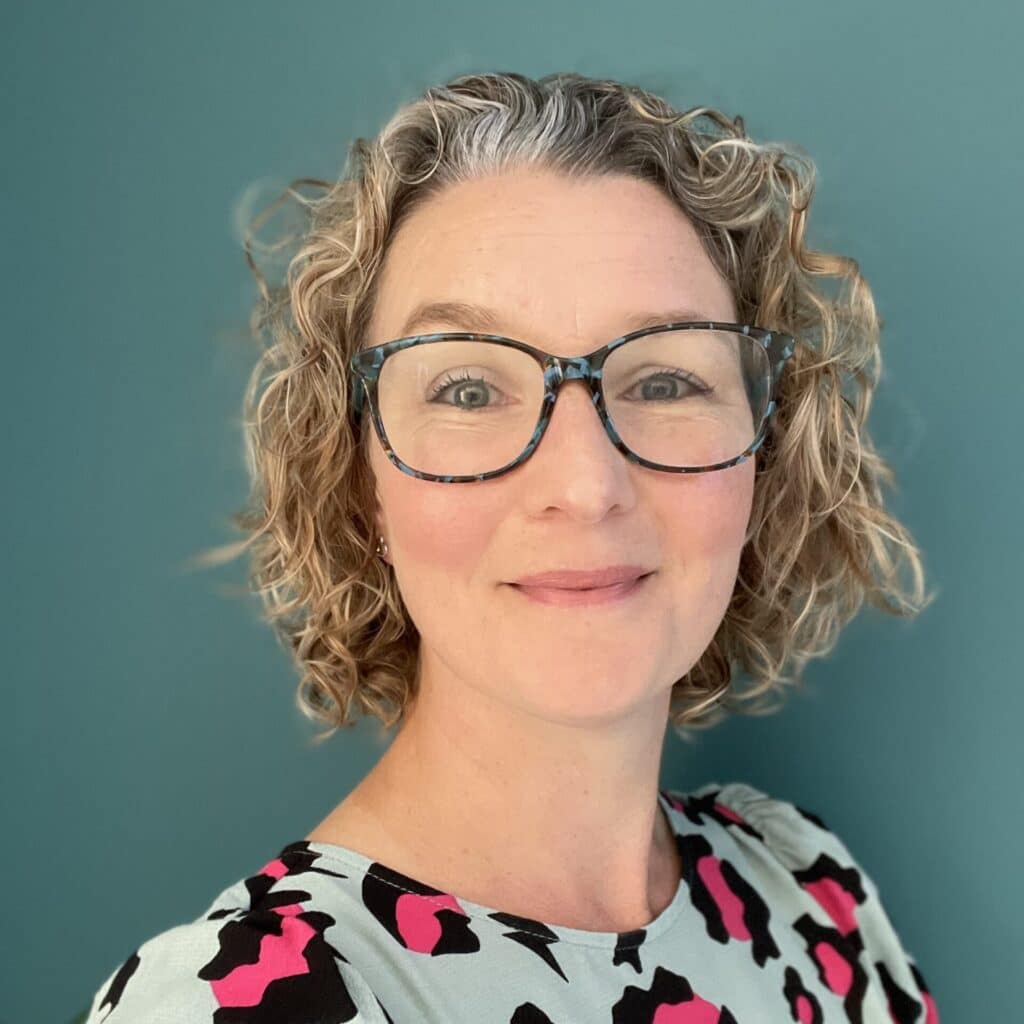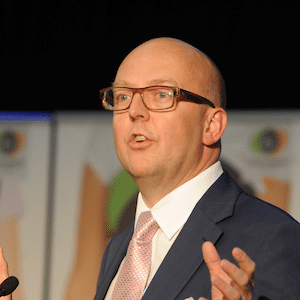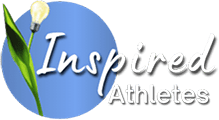Dyslexia Awareness Week
Dyslexia Awareness Week 2024 will take place from 7 – 13 October inclusive. This year’s theme is “What’s Your Story?” It has three key messages and one call to action:
Every story is different – showcasing the diversity of the dyslexic community and highlighting that everyone’s experience of dyslexia is unique. 10% of the population are dyslexic – that’s over 6.7 million stories to tell.
A strong opening sets the scene – raising awareness of the importance of early identification and intervention to ensure that every person with dyslexia can flourish.
It’s never too late to change your story – highlighting how the BDA can provide support and signposting to help dyslexic people begin a new chapter.
This month, I will be sharing my personal journey with living with dyslexia – I hope you find it useful and informative!
- Chelsea Loveridge
It wasn’t until I was 16 and in Sixth Form that my teachers really started to notice my struggles with reading and pushed for my diagnosis for dyslexia. I think a big part of why my dyslexia wasn’t picked up early was that because I knew that I struggled with reading. I made excuses whenever it was my turn to read aloud in class, as someone who needs glasses to read my favourite was “Sorry, I left my glasses at home”. It wasn’t until I was doing A-Level revision lessons, that they realised I wasn’t actually understanding the information I was copying down from the board.
Going through majority of my childhood and school life undiagnosed, not knowing I was dyslexic was tough.
When it came to choosing my GCSE’s, I picked subjects that didn’t involve a massive exam at the end, I struggled reading the 24-hour clock – and still do!
I stopped reading books completely because I ended up rereading the same paragraph over and over and I used to get so upset not understanding why I couldn’t process the words I just read.
Once I got my diagnosis and help, it was clear how much I was struggling before and how I had learnt to adapt to life being neurodiverse, not only bringing it into my worklife but my personal life.
Some days are tougher than others, and on days when I really struggle with reading and writing or when I use the phrase “words aren’t wording”. I’ll call Claire and Victoria to let them know what’s going on. I often ask them to proofread my emails or breakdown something to me if I’ve gone over them a few times and still can’t quite get it.
Working can be difficult when you’re neurodiverse, but I have a great team around me at Inspirational Speakers who give me the help and support I need to thrive at my job and to embrace my dyslexia, not hide it.
Everyone has their own ways of adapting to work with dyslexia, and here are a few things that we do at Inspirational Speakers to help:
AI Tools: Using tools like Grammarly has been a game-changer for composing emails and even this blog. I also find Zoom’s AI assistant really useful—it summarises everything from a meeting in bullet points.
Formatting: Finding the right format can be tricky. Personally, I love to section and colour-code everything and I know that I can associate information or a task by the colour I set. Whether it’s on Word, Excel or my notebook – everything is colourful.
Take Your Time: It’s really important to give yourself extra time on tasks.
Ask for Help: Don’t hesitate to ask for help on those tough days. Your team is there to support you and help you thrive in the workplace.
I have put below a handful of our speakers who talk on dyslexia and neurodiversity. This is so important as it helps spread awareness, breaks down stereotypes, and encourages people to be more supportive and understanding. If you are looking for a speaker on these topics, take a look below and just reach out!
Ellie Middleton is a creator, speaker, writer, consultant, and the founder of the (un)masked community for neurodivergents. Diagnosed with both Autism Spectrum Condition and ADHD at the age of 24 after a lifetime of feeling misunderstood, she has since become a powerful advocate for neurodiversity.
Ellie believes that every neurodivergent person deserves the opportunity to unlock their true potential and change their outlook on life through diagnosis and understanding.
Katie Forbes is a creator, speaker, trainer, and the founder of Autistic Flair, a community-focused organisation dedicated to amplifying autistic voices to inspire change and foster understanding.
Drawing from her personal journey of overcoming the pressures of masking autism and dyslexia, Katie shares a compelling message of self-acceptance, resilience, and transformation.
As a speaker with many years of experience, Pete is able to offer a clarity of insight and understanding of autistic experiences and neurodiversity as a whole, that has proven to be extremely valuable to clients. Pete talks about on how important it is to attract and retain neurodivergent talent, and how to go about making a work environment that works for everyone.
Toni is a big name in the world of neurodiversity. With an impressive 17-year run at Barclays, including stints in leadership roles and her final gig as the Neurodiversity Support Lead, she’s earned her stripes as a leader in the field. Her journey, marked by key moments like being diagnosed with dyslexia at 17, autism at 40, and supporting her neurodivergent child, fuels her unwavering commitment to advocating for folks with similar experiences. Her hard work paid off with the prestigious Global Inclusive Leader Award in 2021.
Abi Lemon is a speaker, trainer and advocate for ADHD awareness, and a Positive Psychology Coach and Business Mentor for Leaders + Entrepreneurs with ADHD. At the age of 45, Abi’s own diagnosis of ADHD and dyspraxia was life-changing. A lifetime of unfinished ‘stuff’, broken limbs, career changes, bad relationship choices, depression, impulsivity, drugs, debt, emotional burnout, being too much, too loud, too messy, not fitting in, being too focused on the latest, greatest hobby, and feeling like she were just sh!t at life, all suddenly made sense.
Living life as a dyslexic adult with ADHD and autistic traits, Helen has personally faced the complexities of a neurotypical world and emerged as a beacon of strength and guidance for others. Helen can capture an audience with an authentic narrative, inspiring humour, and deep-seated commitment to empower each listener. Whether they are wondering if you are neurodivergent, newly diagnosed, adapting to increased challenges, or seeking ways to leverage your neurodivergent superpowers, Helen’s words will guide, enlighten, and uplift you.
Kirsty is a dyslexic coach inspiring neurodiverse individuals to maximize their potential, breaking down barriers and misconceptions surrounding neurodiversity. Kirsty’s mission is to empower and uplift dyslexic and other neurodiverse individuals, guiding them on a transformative journey towards boundless potential. By harnessing their unique skills, strengths, and capabilities, she aims to lead them beyond their goals and aspirations, both professionally and personally.
During his school years, Matt was placed in remedial English classes and left with a belief that he was not academically capable, a notion reinforced by many of his teachers. In his twenties, he was diagnosed with dyslexia. After initially grappling with the stigma, he came to view neurodiversity as an advantage rather than a limitation.
Matt talks about practical strategies for creating an inclusive environment where individuals, regardless of neurotype, can thrive and drive innovation and performance.
